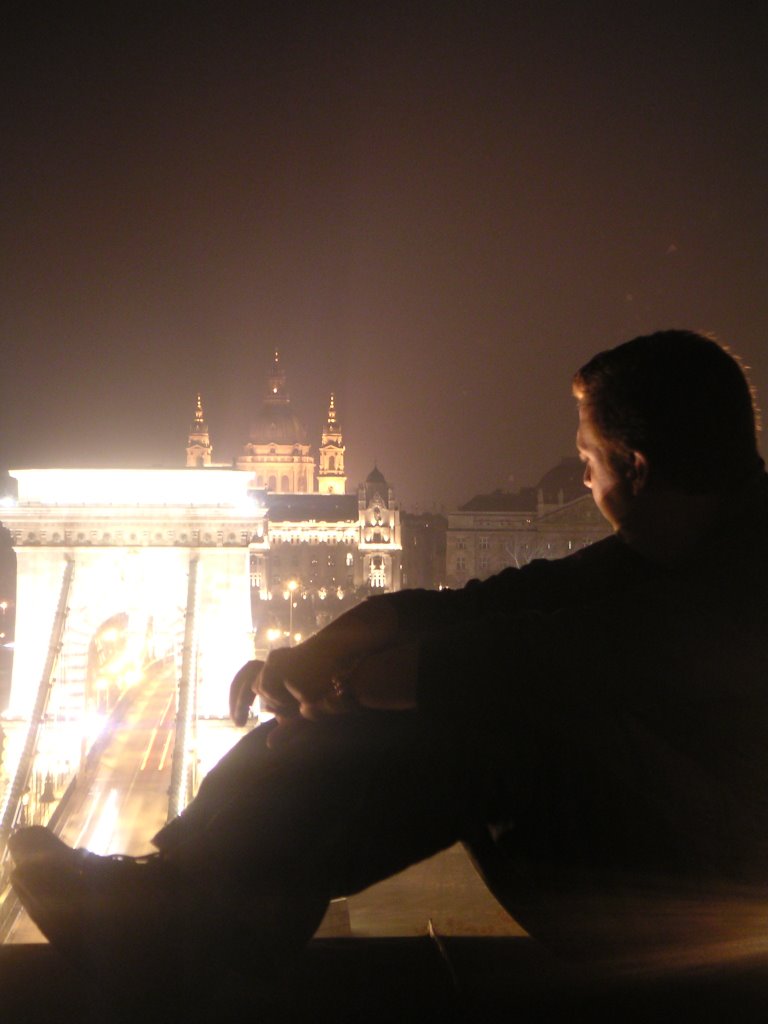Now before the festival of the Passover, Jesus knew that his hour had come to depart from this world and go to the Father. Having loved his own who were in the world, he loved them to the end.
The devil had already put it into the heart of Judas son of Simon Iscariot to betray him. And during supper Jesus, knowing that the Father had given all things into his hands, and that he had come from God and was going to God, got up from the table, took off his outer robe, and tied a towel around himself. Then he poured water into a basin and began to wash the disciples' feet and to wipe them with the towel that was tied around him. He came to Simon Peter, who said to him, "Lord, are you going to wash my feet?"Jesus answered, "You do not know now what I am doing, but later you will understand." Peter said to him, "You will never wash my feet." Jesus answered, "Unless I wash you, you have no share with me."
Simon Peter said to him, "Lord, not my feet only but also my hands and my head!" Jesus said to him, "One who has bathed does not need to wash, except for the feet, but is entirely clean. And you are clean, though not all of you." For he knew who was to betray him; for this reason he said, "Not all of you are clean."
After he had washed their feet, had put on his robe, and had returned to the table, he said to them, "Do you know what I have done to you? You call me Teacher and Lord--and you are right, for that is what I am. So if I, your Lord and Teacher, have washed your feet, you also ought to wash one another's feet. For I have set you an example, that you also should do as I have done to you. Very truly, I tell you, servants are not greater than their master, nor are messengers greater than the one who sent them.
If you know these things, you are blessed if you do them.
When he had gone out, Jesus said, "Now the Son of Man has been glorified, and God has been glorified in him. If God has been glorified in him, God will also glorify him in himself and will glorify him at once. Little children, I am with you only a little longer. You will look for me; and as I said to the Jews so now I say to you, 'Where I am going, you cannot come.' I give you a new commandment, that you love one another. Just as I have loved you, you also should love one another. By this everyone will know that you are my disciples, if you have love for one another."






